The Future of Coaching: Blending Traditional and Digital Methods
How hybrid coaching blends in-person and digital methods for success.
The modern coaching sector has undergone great change since its inception, while technological advancements lead coaching toward a combined traditional and technological model. Traditional digital coaching integration creates flexible coaching environments that deliver enhanced learning and improved results for learners. The study investigates the transformation of coaching practice brought by combined coaching approaches alongside discussing hybrid coaching strengths and digital transformation effects on coaching.
Traditional vs. Digital Coaching: A Comparison
Traditional coaching techniques mainly base their activities on in-person delivery because they require personal contact combined with immediate feedback. Traditional coaching methods deliver good results but sometimes face barriers such as restricted availability by location as well as scheduling problems in addition to being expensive.
Digital coaching methods operate through online platforms combined with virtual sessions as well as AI-based instruments for delivering remote and scalable coaching services. These alternative methods provide both flexibility and cost-effectiveness and easy accessibility that makes them a suitable alternative to conventional coaching practice.
Key Differences:
Mode of Delivery – Traditional coaching delivers in-person service, whereas digital coaching provides its services through online or virtual platforms for remote accessibility.
Flexibility – Standard coaching operates on fixed booking times, but digital coaching enables learning on participants' preferred schedules and according to their speed.
Cost – Dexterous coaching methods impose minimal expense fees because of their virtual sessions coupled with automation, whereas traditional coaching remains more expensive because of its logistical demands.
Personalization – Traditional coaching relies on face-to-face interaction to tailor coaching, whereas digital coaching leverages AI-driven tools to adapt learning paths according to individual needs.
Scalability – Through digital coaching methods, the coach can extend their reach to multiple audience members beyond traditional physical limitations.
The Rise of Blended Coaching Methods
Blended coaching methods combine the best of both traditional and digital coaching, creating a holistic approach that enhances learning experiences. This hybrid coaching model ensures:
Personalized Learning – A mix of in-person guidance and AI-driven coaching adapts to individual needs, ensuring customized development plans that cater to different learning styles and objectives.
Greater Accessibility – Through Internet-based access, learners can view coaching materials, recorded sessions, and additional resources at any time and from any location, which enables professionals and students to manage their learning activities with their existing schedules.
Data-Driven Insights – Digital tools collect and analyze performance data, enabling coaches to provide targeted feedback, measure progress, and refine coaching strategies based on real-time insights.
Improved Engagement – Interactive digital platforms, gamification, and virtual collaboration tools complement face-to-face sessions, making learning more engaging and immersive.
Scalability – Professional coaches maintain high-quality performance standards in customized services when utilizing virtual platforms to communicate with a globally diverse client base.
Digital Transformation in Coaching
The delivery of coaching through digital transformation makes processes more accessible while using data to become more precise and operational. Coaching now transforms into a personalized and scalable delivery method through AI-powered big data analysis and virtual platforms, as well as automation tools and platforms.
The progress of students becomes trackable through AI analytics, which also shows locations for improvement along with individualized guidance. Virtual coaching platforms establish uninterrupted connections between different locations, which extends the reach of qualified coaching services throughout the entire world.
Wearable technology, together with data visualization tools, generates better insights into performance metrics and interactive learning methods with gamification aids to increase learner engagement. The updated learning system enhances coaching efficiency and generates superior learning results because it delivers adaptable learning experiences that continue without interruption.
Some key elements include:
1. Virtual Coaching Platforms
The combination of Zoom and Microsoft Teams with CoachAccountable and BetterUp provides employees with real-time sessions, which also include progress monitoring and customized development paths.
2. AI-Powered Coaching
AI-related chatbots, coupled with sentiment analysis and personalized recommendation systems, improve mentoring efficiency in sports. AI examines coaching interactions to generate feedback about student progress and make solutions that match each person's learning methods.
3. Gamification and Interactive Learning
Gamification elements such as quizzes, badges, and leaderboards keep learners engaged and motivated throughout their coaching journey.
4. E-Coaching and Virtual Mentoring
Through remote learning, e-coaching allows coaches to provide international distance mentoring services to their clients. Virtual mentoring bridges the gap between traditional mentoring and modern technological solutions.
5. Data Analytics and Performance Tracking
Digital tools offer real-time analytics, helping coaches measure progress, identify strengths and weaknesses, and tailor sessions accordingly.
How Digital Tools Are Reshaping Coaching
The application of digital technology has transformed coaching into a service that reaches more people through data-optimized offerings that improve their interaction with training content. Learning Management Systems (LMS) enable coaches to personalize training delivery to many participants through their structured educational programs. Video conferencing platforms create simple virtual communication through which coaches accomplish remote coaching across different locations.
Coaching assistants enabled by AI assess player performance data to provide immediate customized feedback. Smartwatches, together with other forms of wearable technology, enable complete health monitoring, which allows coaches to create comprehensive coaching experiences through their wearable data analysis.
Collaboration tools optimize communication systems and goal management and progress monitoring features, which improve the entire coaching process. Digital technologies enable coaching to operate more efficiently and generate tailored experiences and interactive delivery while supporting better pronouncements of success for each student.
The use of digital tools in coaching has transformed how coaches interact with learners. Some of the most impactful tools include:
Learning Management Systems (LMS) – Platforms like Moodle and TalentLMS facilitate structured coaching programs.
Video Conferencing Tools – Zoom, Microsoft Teams, and Google Meet provide virtual coaching spaces.
AI Coaching Assistants – AI-powered assistants offer automated feedback and personalized guidance.
Wearable Technology – Devices like Fitbit and Apple Watch track physical and mental well-being, aiding holistic coaching.
Collaboration Tools – Slack, Trello, and Notion enhance communication and goal-setting.
Advantages of Hybrid Coaching Models
Hybrid coaching models offer a powerful combination of traditional and digital coaching, providing numerous advantages that enhance both learning experiences and outcomes.
Flexibility and Convenience – Hybrid coaching enables learners to utilize coaching resources as they please while booking their appointment times independently. Students, thanks to in-person or digital platforms, can organize their coaching development based on their work and personal demands for an adaptable learning experience.
Enhanced Learning Retention – The use of digital tools, including video classes, interactive quizzes and AI-powered exercises, supports regular one-on-one instruction techniques. The combined multimedia instructional format enables students to better memorize content because it presents core ideas through multiple teaching methods, which create an interactive learning experience.
Cost-Effective Approach – Hybrid coaching decreases the cost of logistics since it eliminates expenses like venue rentals and printed materials and reduces travel expenses. The combination of digital coaching through sessions together with online resources enables both students and instructors to obtain high-standard coaching at reduced financial costs.
Data-Driven Performance Tracking – Modern digital platforms use analytic tools that help coaches track the advancement of their students alongside their student participation levels while generating customized responses. The data-generated process allows coaches to create individualized guidance that addresses both learners' proficient skills and training requirements for better and more effective learning outcomes.
Global Reach and Accessibility – Hybrid coaching operates as a major advantage by linking learners with coaches who exist in different locations worldwide. Through its location-free model, hybrid coaching allows professional organizations and students to find high-quality coaching support regardless of their geographical position, thus building an inclusive learning setting that welcomes diversity.
Future Trends in Coaching and Mentoring
The field of coaching transforms through artificial intelligence to create personalized solutions, virtual reality and augmented reality interactions and short training segments for time-constrained professionals.
The secure verification of credentials results from Blockchain implementation, whereas the flexible subscription service is enabled by Coaching-as-a-Service (CaaS). These developments have transformed coaching into a flexible and technology-based system that increases both scale and adaptive capabilities for increased accessibility to efficient services.
As coaching continues to evolve, several trends are shaping its future:
AI and Machine Learning Integration – AI-driven analytics will provide personalized coaching experiences.
Augmented and Virtual Reality (AR/VR) – Immersive learning experiences will enhance coaching effectiveness.
Microlearning and Bite-Sized Coaching – Short, engaging lessons will cater to busy professionals.
Blockchain for Credential Verification – Secure certification and skill validation will become more common.
Coaching-as-a-Service (CaaS) – Subscription-based coaching models will gain popularity.
Impact of Technology on Coaching Effectiveness
Coaching performance is enhanced through technology because it creates deeper engagement and data-logged learning while removing physical barriers. By using digital platforms, coaches obtain immediate feedback, which lets them track performance levels so they can develop their strategies more efficiently. The analysis capabilities of AI systems develop student-specific training approaches that modify coaching programs according to individual learner requirements.
Through virtual tools, coaching services can now reach clients from every corner, creating no physical restrictions. Engaging gamification together with interactive modules enhances student participation and deepens coaching experiences. The automation process of administrative activities lets coaches concentrate their efforts on delivering superior guidance practices. The combination of these technological solutions makes coaching operations more effective with higher scalability features and enhanced focus on results, which results in better learning achievements and performance improvements.
Technology plays a crucial role in improving coaching effectiveness by:
Enhancing engagement through interactive platforms
Providing real-time feedback and analytics
Offering scalable solutions for a wider audience
Ensuring personalized learning experiences
FAQs
1. What is the future of coaching?
The future of coaching lies in blending traditional and digital methods to create flexible, scalable, and effective coaching experiences.
2. How to blend traditional and digital coaching methods.
A hybrid approach involves using face-to-face coaching for personal interaction and digital tools for scalability, data analysis, and flexibility.
3. Why is digital transformation important in coaching?
The implementation of digital transformation in coaching offers customized guidance as well as easy access while delivering better coaching solutions from data analysis insights.
4. Can digital methods improve coaching effectiveness?
Yes, digital methods provide real-time feedback, personalized learning paths, and scalability, enhancing overall coaching effectiveness.
5. What are the benefits of hybrid coaching?
The hybrid coaching model produces the strongest elements of traditional coaching and digital platforms through flexible services and efficient costs, better participant involvement, and analytical data evaluation.
Conclusion
Skoodos Bridge stands as a vital platform that enables coaches to bridge traditional methods with digital approaches in their practice. Skoodos Bridge operates as a complete platform that consolidates coaches with learners to provide customized learning features and tracking services alongside interactive coaching engagements. Through technological integration, Skoodos Bridge is developing coaching toward a more accessible, innovative, and effective direction.
Coach-oriented practices of the future will unite live mentoring with technological resources into a complete system. The digital transformation of coaching will need a blended approach to ensure success in the coaching industry's future operations.
Visit Skoodos Bridge to learn more!
Categories
Archives
- November 202512
- October 202521
- September 202520
- August 202522
- July 202524
- June 202524
- May 202526
- April 202530
- March 202523
- February 202513
- January 202523
- December 202429
- November 20246
- September 20245
- August 202422
- July 202415
- May 20249
- June 202424
Similar Posts
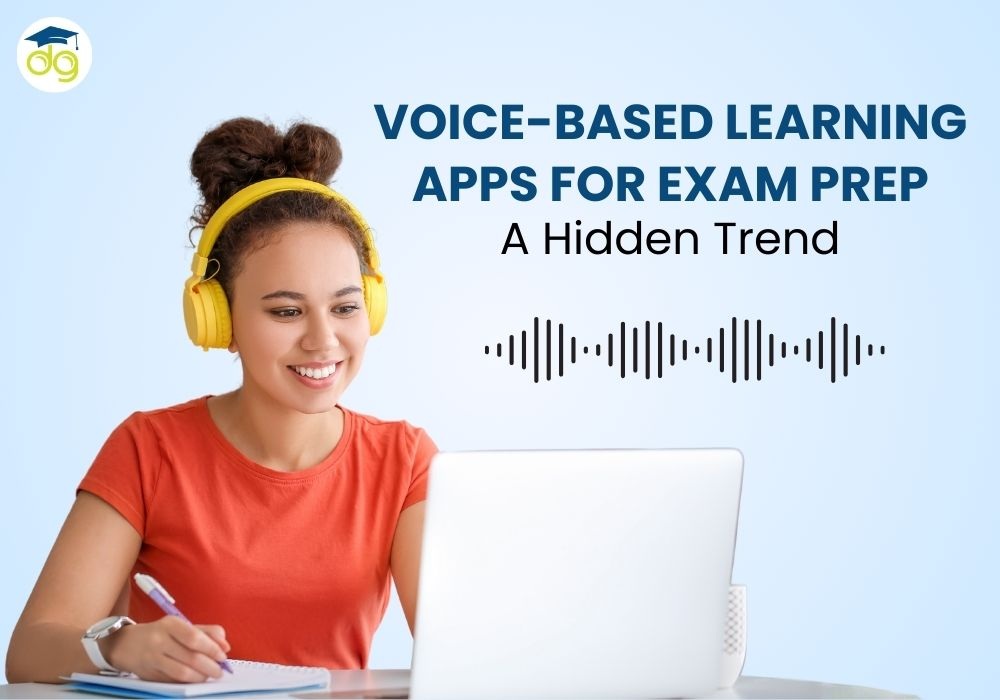
Voice-Based Learning Apps: The New Trend in Exam Preparation
by Skoodos Bridge

Top Untapped Indian Cities Ideal for Niche Exam Coaching Institutes
by Skoodos Bridge

Hostel vs PG vs Rent: Best Stay for Coaching Students in India
by Skoodos Bridge
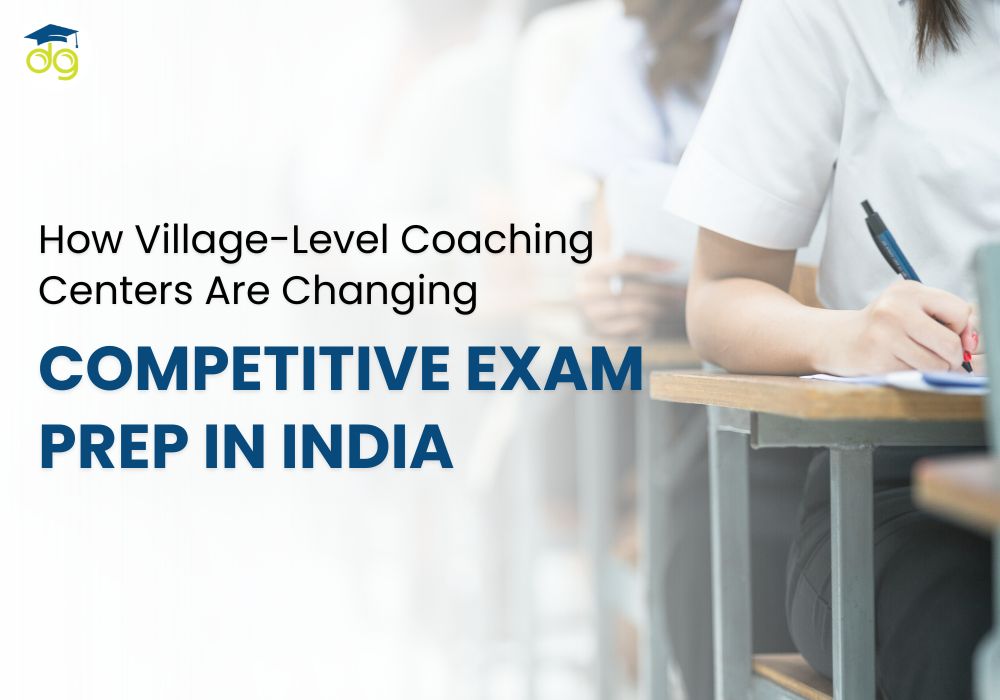
Village Coaching Centres Transforming Competitive Exam Prep in India
by Skoodos Bridge
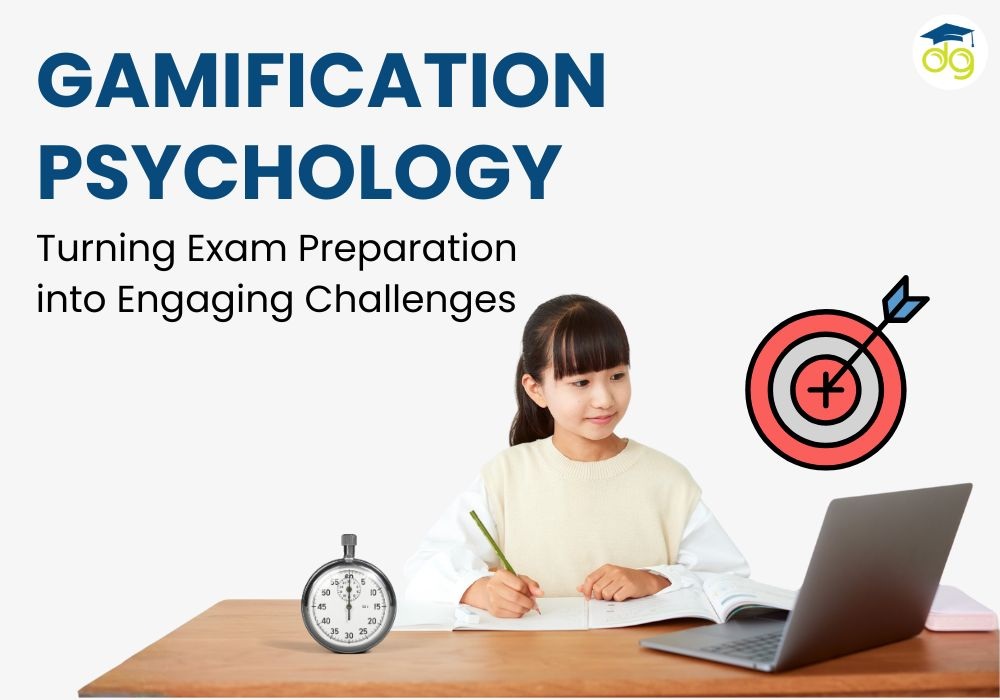
Gamification Psychology: Transforming Exam Preparation into Play
by Skoodos Bridge
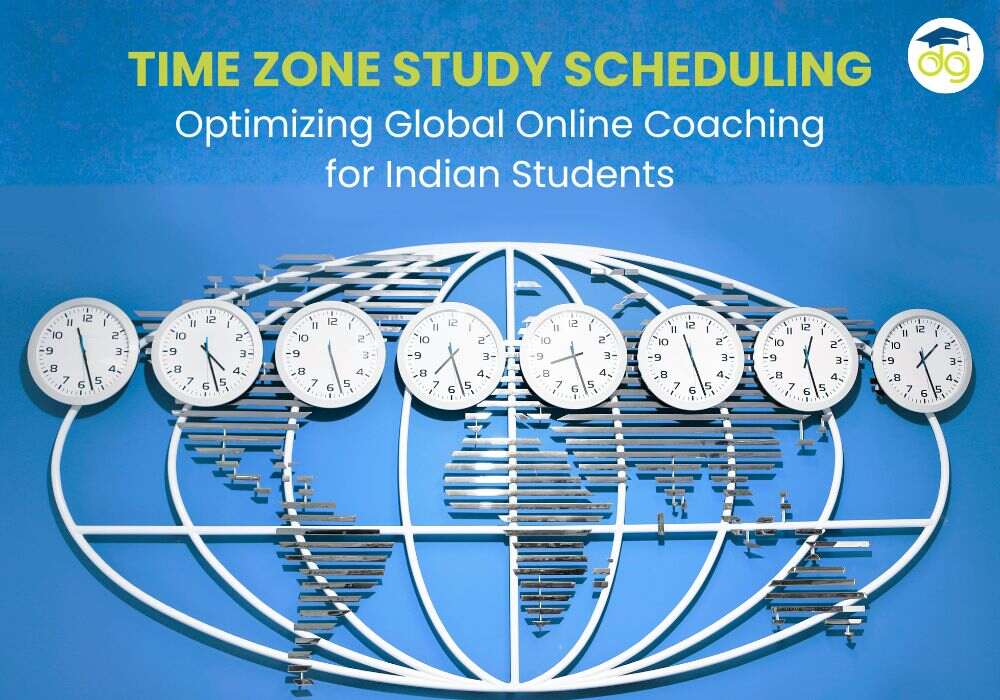
Time Zone Study Scheduling for Indian Students in Global Coaching
by Skoodos Bridge

Parent Communication Strategies for Managing Exam Family Pressure
by Skoodos Bridge

Budget Breakdown: Cost Analysis of Top JEE Coaching Institutes 2025
by Skoodos Bridge
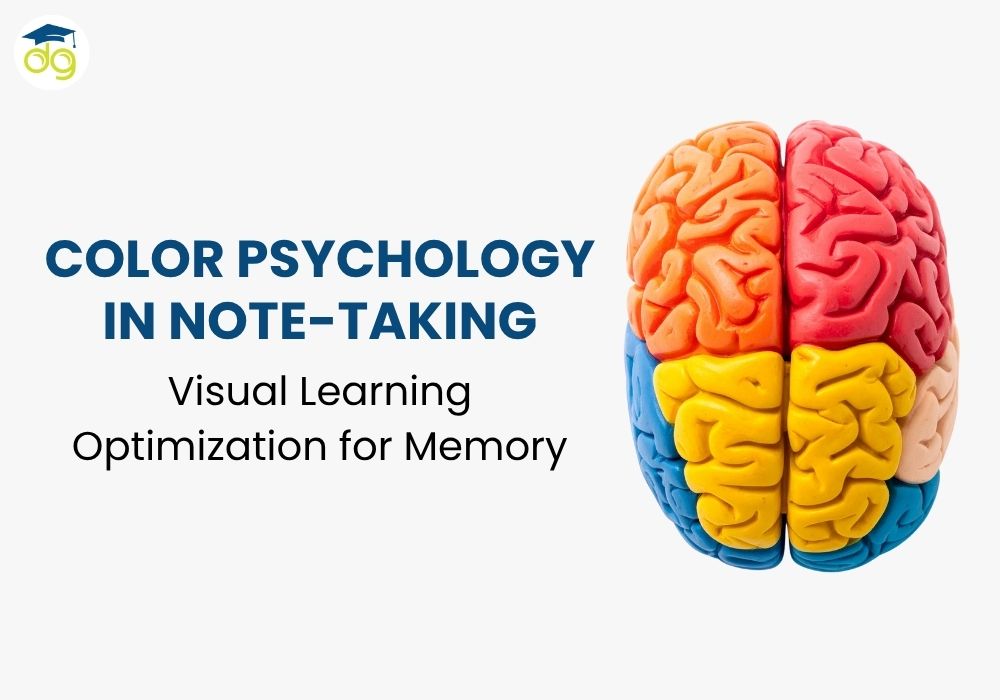
Color Psychology in Note-Taking for Better Memory and Learning
by Skoodos Bridge
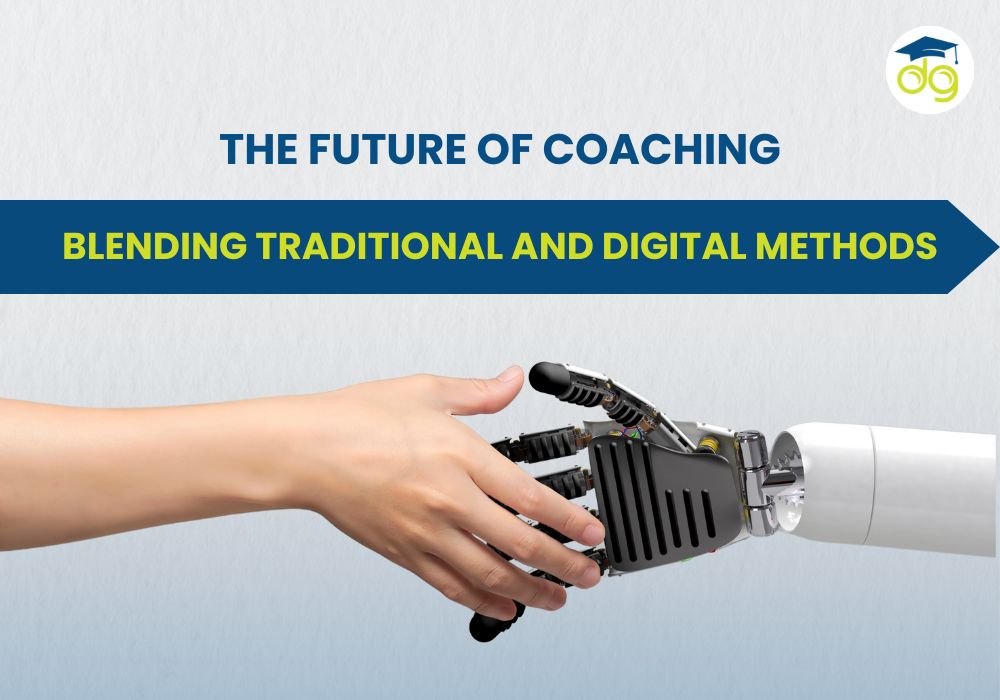

Leave a Comment